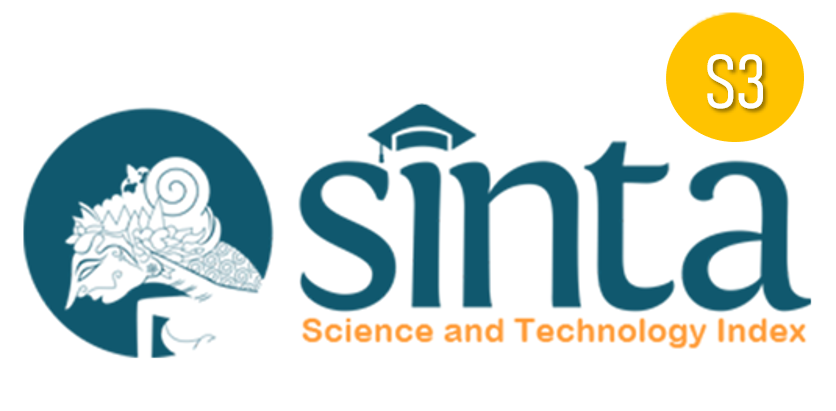Adversity Quotient and Work Performance of The College Physical Education Instructors
Abstract
Keywords
Full Text:
PDFReferences
Amparo, M. M. (2015). The level of adversity quotient and social skills of student leaders at De La Salle Lipa. Education Review, 2(1), 12–23
Beauvais, A. M., Stewart, J. G., DeNisco, S., and Beauvais, J. E. (2014). Factors related to academic success among nursing students: A descriptive correlational research study. Nurse Education Today, 34(6), 918-923.
Chen, J. F., Hsieh, H. N., and Do, Q. H. (2015). Evaluating teaching performance based on fuzzy AHP and comprehensive evaluation approach. Applied Soft Computing, 28, 100-108.
Frost, P. J., and Mahoney, T. A. (1976). Goal setting and the task process: An interactive influence on individual performance. Organizational Behavior and Human Performance, 17(2), 328-350.
Hasbay, D., and Altındag, E. (2018). Factors that affect the performance of teachers working in secondary-level education. Academy of Educational Leadership Journal, 22(1), 1-19.
Kortylewski, M., and Moreira, D. (2017). Myeloid cells as a target for oligonucleotide therapeutics: Turning obstacles into opportunities. Cancer Immunology, Immunotherapy, 66, 979-988.
Mishra, P., Pandey, C. M., Singh, U., Gupta, A., Sahu, C., and Keshri, A. (2019). Descriptive statistics and normality tests for statistical data. Annals of Cardiac Anaesthesia, 22(1), 67-72.
Runtu, D., Aldrin, N., and Merdiaty, N. (2019). Effect of work ethics on job performance with adversity quotient as a mediator: Work ethics on job performance with adversity quotient. International Journal of Research in Business and Social Science, 8(5), 98-103.
Shen, C. Y. (2014). The Relative study of gender roles, and job stress and adversity quotient. Journal of Global Business Management, 10(1), 19-32.
Shen, J., Benson, J., and Huang, B. (2014). High‐performance work systems and teachers’ work performance: The mediating role of quality of working life. Human Resource Management, 53(5), 817-833.
Vera, M. J. C., and Calixtro Jr, V. L. (2024). Health-related factors and teaching performance of physical education teachers amidst COVID-19 pandemic. ASEAN Journal of Physical Education and Sport Science, 3(1), 17-26.
Ward, P. (2013). The role of content knowledge in conceptions of teaching effectiveness in physical education. Research Quarterly for Exercise and Sport, 84(4), 431-440.
Wiradendi Wolor, C. (2020). Adversity quotient in improving millennial generation salespeople’s performance in the industrial revolution 4.0. Humanities and Social Sciences Reviews, 8(1), 220-226.
Woo, H. Y., and Song, J. H. (2015). The factors affecting the adversity quotient of nurses and office workers. International Journal of Bio-Science and Bio-Technology, 7(5), 1-10.
Wu, J., Li, N., Zhao, Y., and Wang, J. (2022). Usage of correlation analysis and hypothesis test in optimizing the gated recurrent unit network for wind speed forecasting. Energy, 242, 122960.
DOI: https://doi.org/10.17509/ijert.v5i1.74628
Refbacks
- There are currently no refbacks.
Copyright (c) 2024 Universitas Pendidikan Indonesia (UPI)

This work is licensed under a Creative Commons Attribution-ShareAlike 4.0 International License.







.png)




